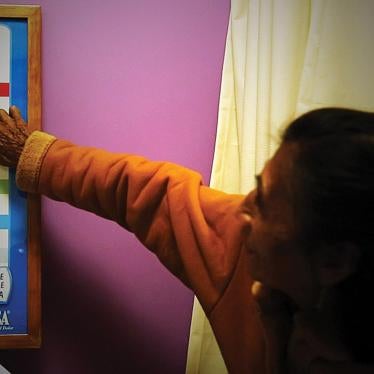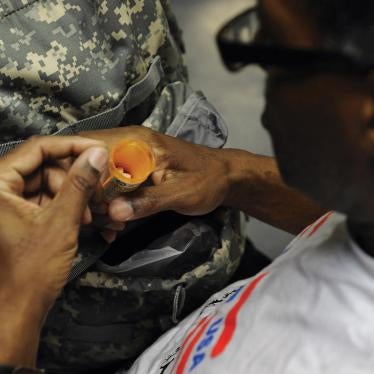Abstract
Background
Almost five decades ago, governments around the world adopted the 1961 Single Convention on Narcotic Drugs which, in addition to addressing the control of illicit narcotics, obligated countries to work towards universal access to the narcotic drugs necessary to alleviate pain and suffering. Yet, despite the existence of inexpensive and effective pain relief medicines, tens of millions of people around the world continue to suffer from moderate to severe pain each year without treatment.
Discussion
Significant barriers to effective pain treatment include: the failure of many governments to put in place functioning drug supply systems; the failure to enact policies on pain treatment and palliative care; poor training of healthcare workers; the existence of unnecessarily restrictive drug control regulations and practices; fear among healthcare workers of legal sanctions for legitimate medical practice; and the inflated cost of pain treatment. These barriers can be understood not only as a failure to provide essential medicines and relieve suffering but also as human rights abuses.
Summary
According to international human rights law, countries have to provide pain treatment medications as part of their core obligations under the right to health; failure to take reasonable steps to ensure that people who suffer pain have access to adequate pain treatment may result in the violation of the obligation to protect against cruel, inhuman and degrading treatment.
Read the full article in English (http://www.biomedcentral.com/content/pdf/1741-7015-8-8.pdf) or Spanish (http://imedpub.com/ojs/index.php/archmed/article/view/152/165)








